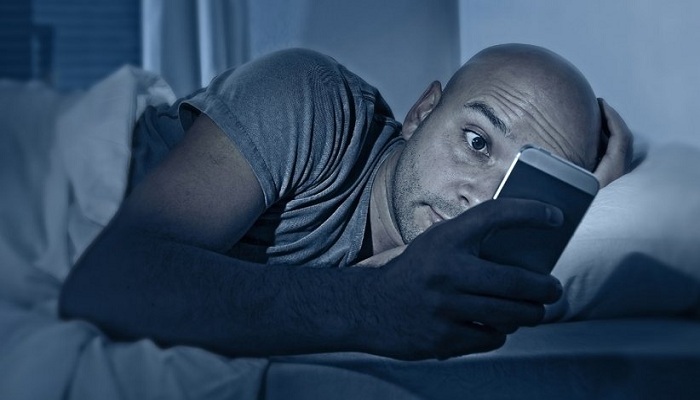
A study proves that lack of sleep may lead to depression. The study also talks about why people with insomnia tend to experience depression more often. Here are few things that you would like to know to keep depression at bay.
While lack of sleep is a major risk factor for depression, not everyone who tosses and turns at night becomes depressed. According to a study, individuals whose brains are more attuned to rewards may be protected from the negative mental health effects of poor sleep.
The findings revealed that students with poor quality sleep were less likely to have symptoms of depression if they also had higher activity in a reward-sensitive region of the brain. “This helps us begin to understand why some people are more likely to experience depression when they have problems with sleep,” said Ahmad Hariri, Professor at the Duke University in North Carolina, US.
“This finding may one day help us identify individuals for whom sleep hygiene may be more effective or more important,” Hariri added. For the study, appearing in The Journal of Neuroscience, the team examined a region deep within the brain called the ventral striatum in 1,129 college students.
Ventral striatum helps regulate behaviour in response to an external feedback as well as reinforce behaviours that are rewarded while reducing behaviours that are not.
The results showed that those who were less susceptible to the effects of poor sleep showed significantly higher brain activity in response to positive feedback or reward compared to negative feedback.
“Poor sleep is not good, but you may have other experiences during your life that are positive. And the more responsive you are to those positive experiences, the less vulnerable you may be to the depressive effects of poor sleep,” Hariri said.

Post Your Comments